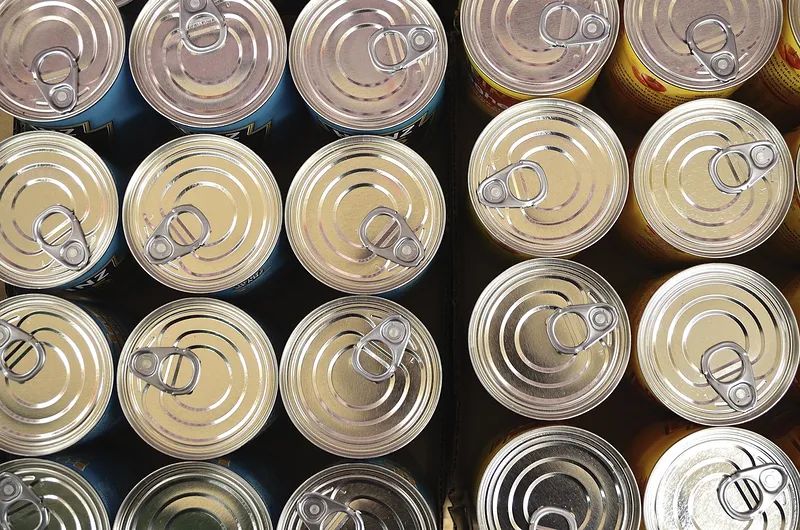EUROPEAN GREEN DEAL SET TO IMPROVE ‘WASTEFUL’ FOOD PACKAGING
The European Commission has announced new EU-wide rules on food packaging, with a range of policies and strategies.
Each person in Europe is reportedly responsible for approximately 180 kg of packaging waste. Furthermore, 40% of plastics and 50% of paper used in the European Union is for packaging. It has been forecast that there will be a 19% increase in packaging waste by the year 2030.
In response to this, the European Commission has outlined a range of proposals, with the ultimate goal of achieving climate neutrality by the year 2050.
The proposals from the commission are part of the Circular Economy Action Plan, which itself is part of the European Green Deal.
“Goods need packaging to be protected and safely transported, but packaging and packaging waste have a significant impact on the environment and use of virgin materials,” said the European Commission in a press release.
“The amount of packaging waste is growing, frequently at a faster pace than GDP. Packaging waste increased by more than 20% over the last 10 years in the EU and is forecast to soar by another 19% until 2030, if no action is taken.”

European Commission outlines packaging proposals
The commission revealed that it plans to revise the EU legislation regarding packaging and packaging waste, with three main goals. The first is to stop the production of packaging waste: reducing unnecessary food packaging and promoting reusable solutions.
The second goal is to promote high quality recycling, with all packaging on the EU market intended to be recyclable by 2030. The third goal is to decrease the demand for natural resources, instead establishing a healthy market for secondary raw materials such as recycled plastics.
Ultimately, the commission has said the target is to reduce packaging waste by 15% by 2040, per Member State per capita. If this was to be achieved, the EU would see a 37% waste reduction.
Another proposal is for companies to be obligated to offer a percentage of their products, such as takeaway drinks and meals or e-commerce deliveries, in reusable food packaging. “There will also be some standardisation of packaging formats and clear labelling of reusable packaging,” a press release notes.
Apparently certain types of food packaging will become prohibited, such as single-use packets for food and beverages in restaurants, as well as single-use packaging for fruits and vegetables.
Furthermore, design criteria may be set for certain products, with the potential for there to be deposit return systems for items like plastic bottles or cans. Ideally, each item’s packaging would feature a label indicating what the material is made of and where it will end up too.
Impacts of new food packaging policy on the environment
The impact of this range of proposals would be influential and far-reaching. Greenhouse gas emissions from packaging will reportedly be reduced to 43 million tonnes instead of 66 million tonnes if legislation remains the same. Water use will also be decreased by 1.1 million metres cubed. According to the commission, the costs of environmental damage would decrease by €6.4 billion by 2030.
Economic benefits of the aforementioned proposals have been outlined too. If the new policies are passed, 600,000 jobs are expected to be created within the reuse sector by the year 2030. As well as this, the commission claims that individuals across Europe could save almost €100 on an annual basis with renewed legislation.
“After tackling single use plastics, we now take the next step on our way to a future without pollution. Our proposals today reduce packaging waste, promote reuse and refill, increase the use of recycled plastics, and make it easier to recycle packaging,” said Frans Timmermans, executive vice-president for the European Green Deal.
“European citizens are eager to be rid of overpackaging and unnecessarily bulky packages, and businesses are ready to move forward with sustainable, innovative packaging solutions and systems.”
Join us at SIAL Paris as exhibitor Join us at SIAL Paris as visitor
